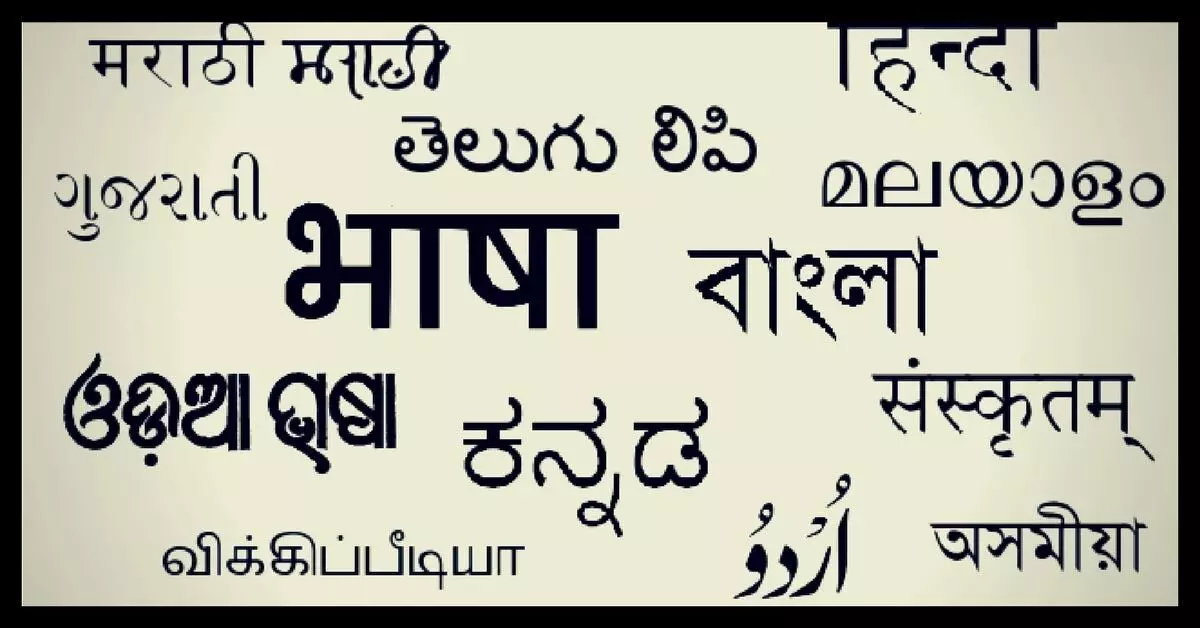A crucial intervention

The recent launch of 52 short textbooks in Indian non-scheduled languages, including tribal languages, by the Union education ministry can be seen as a positive step towards promoting inclusivity and excellence in the education sector. The initiative, developed in collaboration with the National Council of Educational Research and Training (NCERT) and the Central Institute of Indian Languages (CIIL), rightly aims to provide young learners access to education in their mother tongue. These primers, designed for early childhood care and education (ECCE), also align perfectly with the vision outlined in the National Education Policy (NEP) 2020.
The deployment of these primers undoubtedly herald a shift towards a more inclusive approach that embraces linguistic diversity. India is a land of remarkable diversity, much of which is being lost in the age of globalisation that inherently favours a standardisation biased towards Western culture. In this blind wave of standardisation, numerous Indian languages have emerged as the worst sufferers, and, in loss of languages, the entire way of life of the speakers is lost. Language is a broad expression of civilisation itself. Loss of languages, thus, can be seen as a civilisational crisis. Apart from the wave of linguistic standardisation, another aspect that merits pertinent mention is the failure of the respective governments to accord due emphasis to linguistic preservation. A slew of measures introduced lately, particularly in the education sector, appear to be aimed at correcting the wrongs of the past. While much of India’s linguistic diversity teeters on the brink of oblivion, wisdom lies in saving what could be saved.
Earlier this year, the Union Education Ministry instructed all educational regulators, including the University Grants Commission, NCERT, Indira Gandhi National Open University, as well as the heads of IITs, Central Universities, and National Institutes of Technologies, to ensure study materials are accessible in regional languages — specifically those listed under 8th Schedule — within the next three years. Also, last October, the Union Education Ministry stressed on promoting technology in regional languages, aiming for a seamless transition in the education sector. Aligned with the National Education Policy, the Union Education Minister highlighted the fusion of Indian languages and technology, presenting boundless possibilities. Additionally, the government's recent efforts to promote regional dialects and languages through a range of literary programmes and translation initiatives are appreciable.
However, one cannot afford to overlook potential challenges that lie along the way. There has thus far been a lack of discussion on the implementation hurdles associated with the adoption of regional languages in education, such as the availability of trained teachers proficient in these languages and the need for standardised curriculum development. Furthermore, it will be crucial to see how the government’s emphasis on education in regional languages aligns with the broader education policies of the day.
To sum up, the launch of primers in Indian non-scheduled languages is yet another significant step in India's journey towards ensuring educational inclusivity and excellence. It is also heartening to note that rather than being an arbitrary decision, the move is in continuation of a slew of initiatives in this direction. The consistency of the government in this respect presents a sense of hope. However, one is yet to discover how challenges are dealt with, and how the initiatives materialise on the ground.




